Making money from ‘liquid gold’: investing in whisky
Rapidly-expanding whisky investment market has seen ‘dramatic gains’

A free daily email with the biggest news stories of the day – and the best features from TheWeek.com
You are now subscribed
Your newsletter sign-up was successful
It’s not just drinkers who have a taste for whisky – investors are also keen on adding the popular alcoholic spirit to their portfolio.
Described as “liquid gold”, whisky as an investment is “starting to live up to the name”, said Pavan Shamdasani in Prestige. There has been a “growing prominence” of whisky investing and as an asset, “on paper at least”, it has seen “dramatic gains”.
Whisky investment is “booming”, said Victoria Moore in The Telegraph. However you cut it, the “number of people around the globe who are interested in the spirit is huge.”
The Week
Escape your echo chamber. Get the facts behind the news, plus analysis from multiple perspectives.

Sign up for The Week's Free Newsletters
From our morning news briefing to a weekly Good News Newsletter, get the best of The Week delivered directly to your inbox.
From our morning news briefing to a weekly Good News Newsletter, get the best of The Week delivered directly to your inbox.
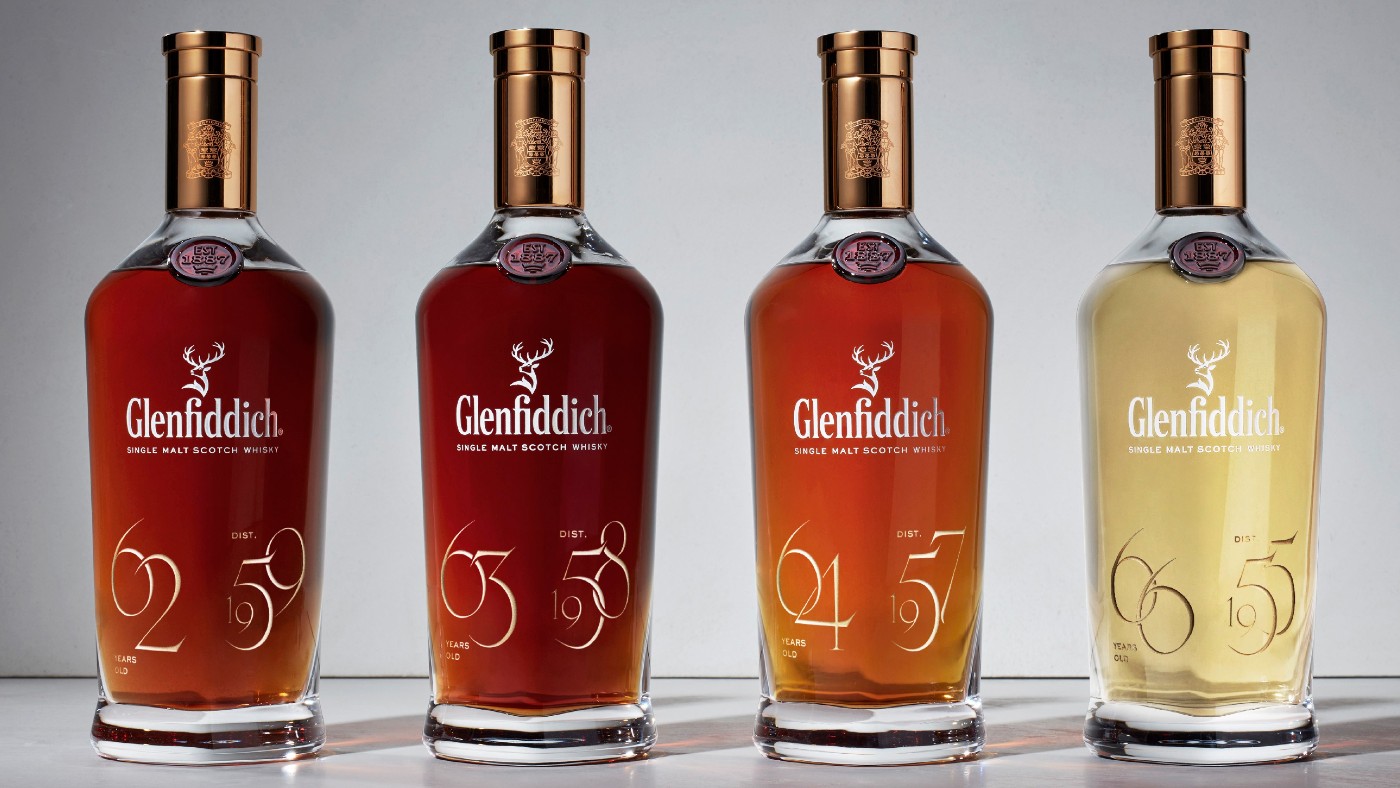
A mainstream fixture at auctions
Starting as an “exclusive hobby among the well-heeled”, rare whisky collecting has become “an industry where the rarest bottles are sold at auction and traded on the secondary market”, Bloomberg reported.
Evidence of whisky’s growing popularity at auction came in early December when a four-decanter lot of 1950s Glenfiddich sold for £1,037,500. At the same event, which was organised by The Distiller’s Charity in collaboration with Sotheby’s, a bottle of The Balvenie 56 Year Old 1964 exceeded its estimate of £50,000-£80,000 and sold for £175,000.
Sotheby’s announced record sales of $132m (£971,000) at its wine and spirits auctions in 2021 – with spirits making up $21m (£15.4m) of the total. Led by rare Scotch whisky, this underlined the category’s “emergence as a mainstream fixture of the global auction market”, Decanter reported.
From “everyday” bottles at £250 to record-breaking auctions, the spirit has “never been hotter”, Moore said. However, there are some words of caution…
A free daily email with the biggest news stories of the day – and the best features from TheWeek.com
In a blog on Master of Malt, Ian Buxton said that the rapidly-expanding whisky investment market “can’t keep going up forever”. There are signs that the bust is coming soon. “You have been warned!”
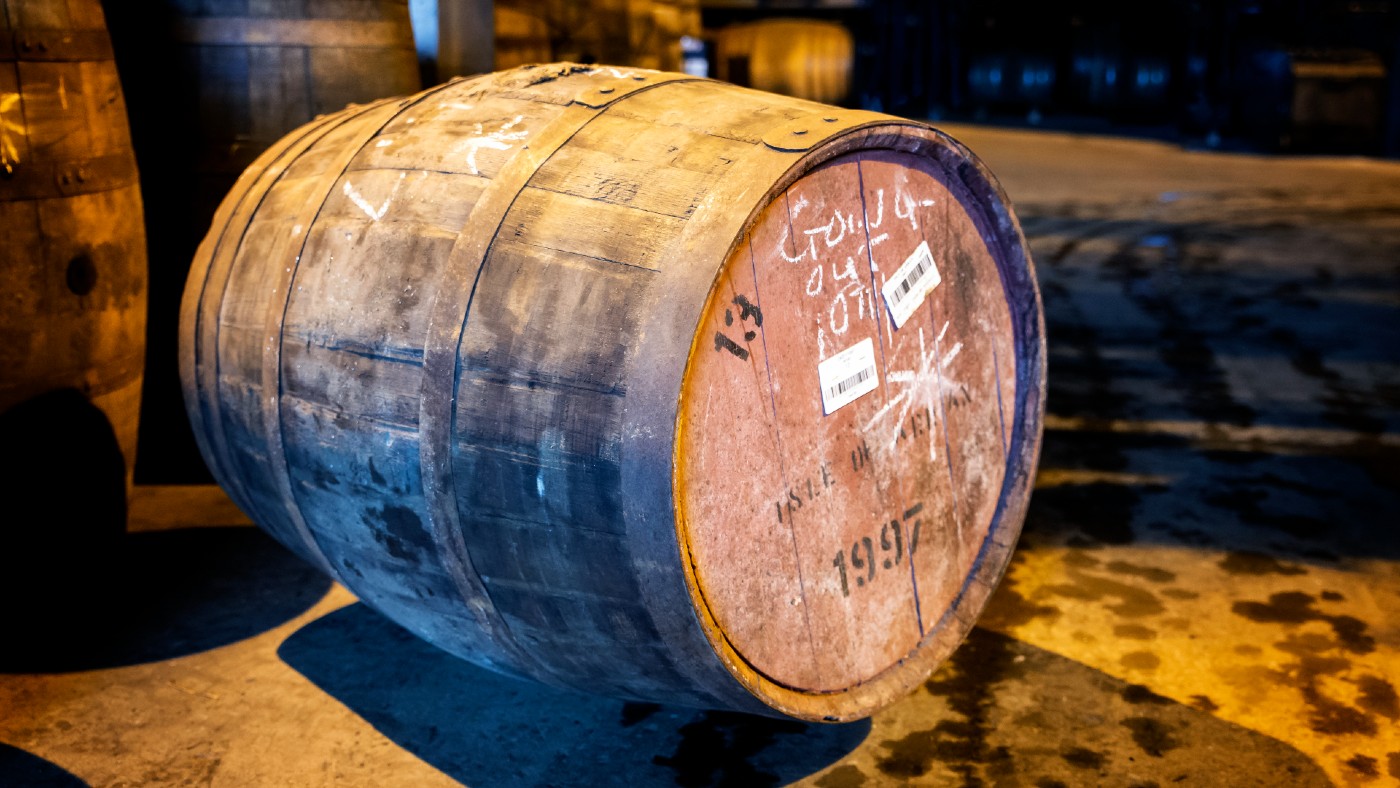
‘Meeting market expectations’
As an alternative investment, whisky can be an “exciting option for those looking to diversify their portfolio”, said Katharine Swindells in Spear’s Magazine. According to Knight Frank’s 2021 Wealth Report, rare whisky saw a 478% growth in value over the past decade, and this was more than many other luxury items, including cars, wine, handbags and art.
While rare bottles may be the most popular way of collecting, a recent trend has also emerged in the sector – investing in whisky casks and in single-cask varieties. Despite the rarity of collectable bottles, it can be a relatively simple market to enter, through specialist stores, auctions or private sales. But buying whisky casks can be a “little more difficult”, said Michael Haldane on Moneyweb.
Purchasing a cask may offer a different proposition for investors, but due to whisky appreciating in price as the casks age “the asset has the ability to hold its value even in times of uncertainty”, Elite Wine & Whisky founder Steve Bishop told The CEO Magazine. “Cask values will keep on increasing, especially aged, rare and unique whisky, which will continue to outperform the standard single malts and keep meeting market expectations.”
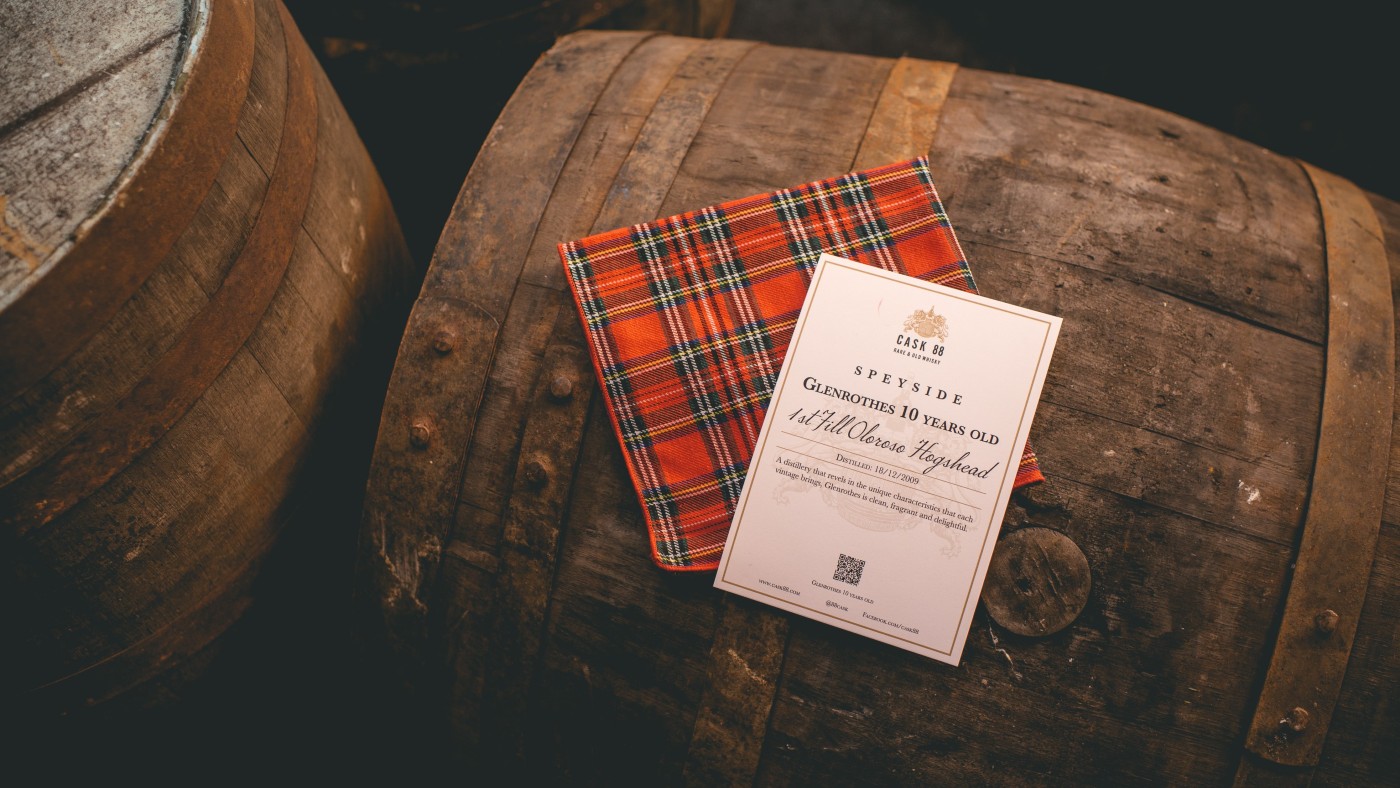
Cask 88: the pursuit of rare and old whiskies
Operating from five offices around the globe, Cask 88 is an independent bottler and one such company that specialises in whole casks of whisky and single-cask varieties. Focusing on Scotch whisky, Cask 88 sources rare whiskies from renowned distilleries all across Scotland.
It was founded with the mission to “open the door to cask ownership, which would otherwise be closed to private individuals”, Cask 88 global sales director Patrick Costello told TheWeek.co.uk. From the point of purchase to becoming custodians of the cask, the company issues a cask ownership certificate, purchase agreement and also manages an investor’s portfolio.
Cask 88’s “pursuit of rare and old whisky” saw the company launch its “Unfiltered” series in 2021 – four rare single cask whiskies bottled straight from the cask. In the four-bottle collection there’s “no colouring, no filtering and no dilution”, hence the name, unfiltered.
The Glen Garioch 12 Year Old (230 bottles; 59.4% ABV) is a honeyed single malt of the Highlands that’s floral and fruity. Very representative of Islay whisky, the Caol Ila 13 Year Old (270 bottles; 57.7% ABV) is a Hebridean malt that’s sweet to start and has a smoky finish.
With a smokeyness and spiciness, the Ledaig 14 Year Old (230 bottles; 59.6% ABV) is a dessert-style single malt from the Isle of Mull that can be described as “a grown-up’s whisky”. And the oldest whisky in the Unfiltered series, the single grain North British 32 Year Old (215 bottles; 46.7% ABV) is fruity and warm on the palate with a very, very smooth finish. If you’re looking for the rare and unusual, this is a must-taste collection for any whisky fan.
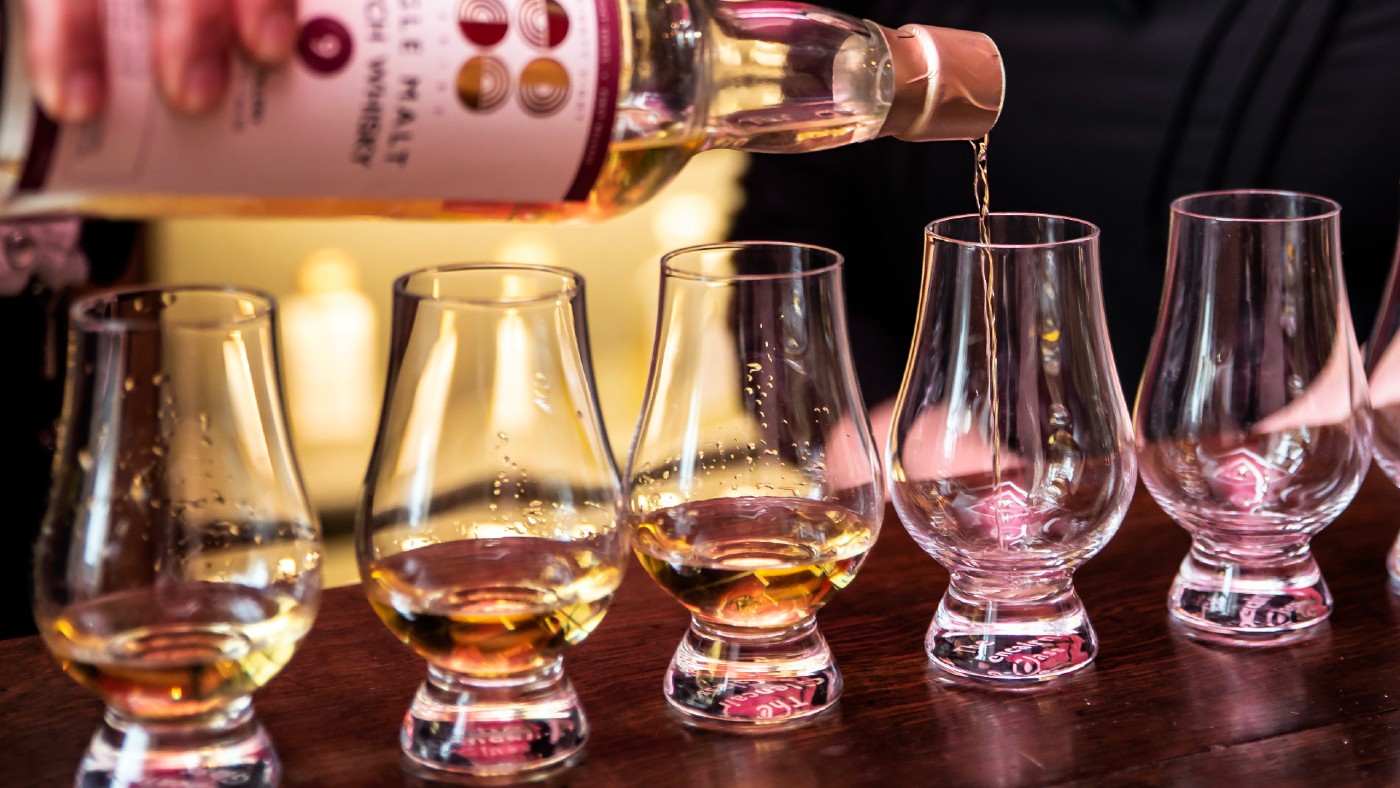
Whisky cask ownership explained
The Unfiltered collection is “all about the liquid” and this has been the major focus since Cask 88 started trading in 2015. With whisky cask ownership becoming ever more popular for investors, Costello gave some insight to the growing trend:
How did the idea start for Cask 88?
“We began on this journey as many people do when they embark on the pursuit of cask ownership: in awe of the fact that we could have control over the future of a whole cask of whisky, and ultimately its bottling and packaging design. A cask of whisky is far too much whisky for one person to drink, and so we sought out ways to share the experience with others.
“From a pursuit that was very much a small scale, personal endeavour when we started trading in 2015, we are now facilitating experiences for our clients on a scale that would’ve been unimaginable to us just five years ago. Each year, we have seen the number of trades across our business more than double each year; against all odds, 2020 was our best-performing year yet. As one of the very first in this emerging market, we have unique insight into the private whisky cask market, and so have begun our own analysis of the cask sales data we have collected over the last five-plus years.”
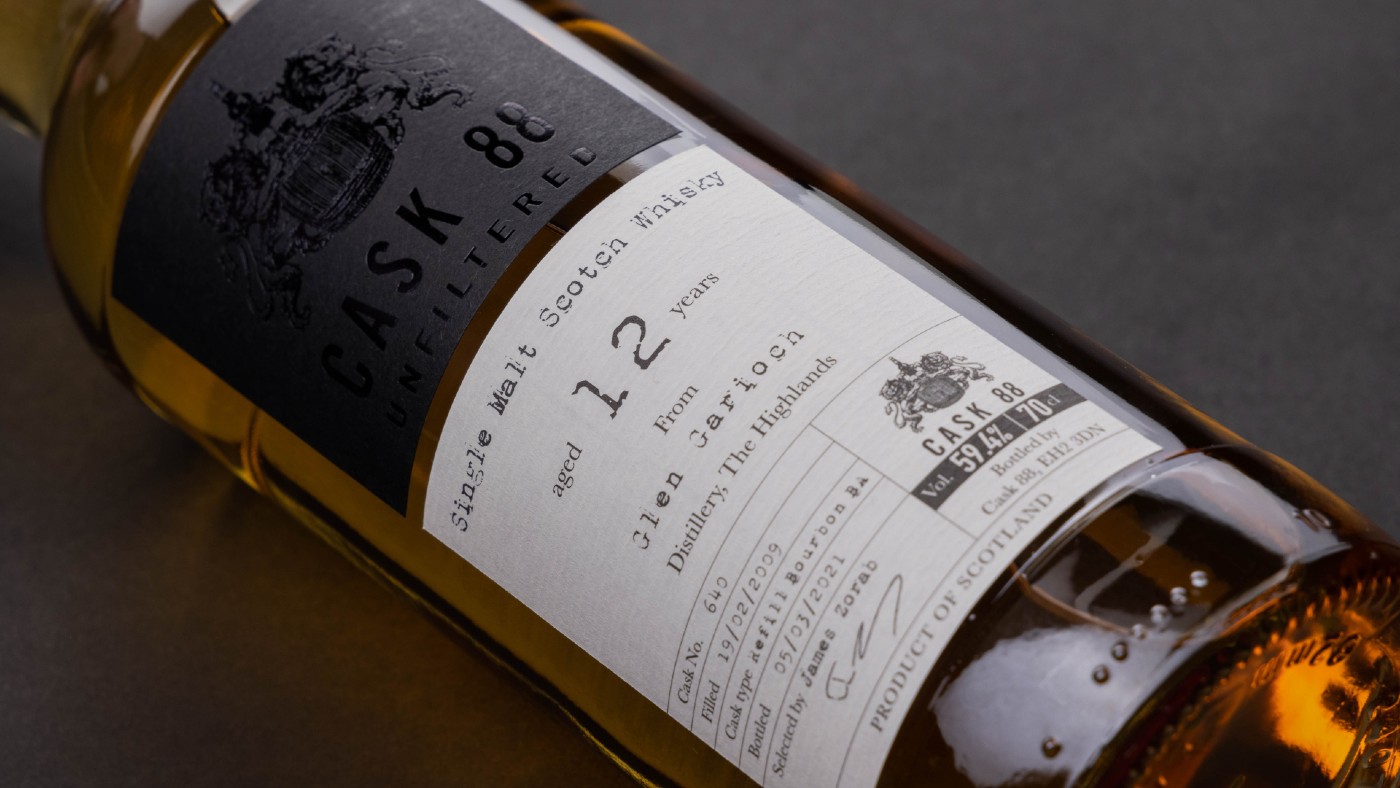
How does investment for a cask compare to a bottle or collection?
“Whole casks of whisky hold a unique property that whisky in the bottle does not benefit from: the spirit in the wood matures naturally over time. The whisky draws a complex flavour profile from the wood, which means that it grows in taste, and value, as the years pass. Anyone familiar with single malt whiskies will know that an 18-year-old whisky, on the whole, is a smoother dram, and commands a higher price point, than a 10-year-old whisky, for example.
“Once a cask is bottled, the maturation process stops. It is really only demand that can then drive up the price of that whisky bottle. Cask whisky grows in prestige and value the longer it stays in wood, in addition to the vagaries of consumer demand. Those who have the patience to wait will be rewarded with a whole cask of aged whisky, which will be highly sought after, and mostly likely, quite valuable. Whereas individual bottles of Scotch whisky are more likely to bring short-term gains, whisky by the cask can bring benefits in the long run.”
Mike Starling is the former digital features editor at The Week. He started his career in 2001 in Gloucestershire as a sports reporter and sub-editor and has held various roles as a writer and editor at news, travel and B2B publications. He has spoken at a number of sports business conferences and also worked as a consultant creating sports travel content for tourism boards. International experience includes spells living and working in Dubai, UAE; Brisbane, Australia; and Beirut, Lebanon.
-
 How the FCC’s ‘equal time’ rule works
How the FCC’s ‘equal time’ rule worksIn the Spotlight The law is at the heart of the Colbert-CBS conflict
-
 What is the endgame in the DHS shutdown?
What is the endgame in the DHS shutdown?Today’s Big Question Democrats want to rein in ICE’s immigration crackdown
-
 ‘Poor time management isn’t just an inconvenience’
‘Poor time management isn’t just an inconvenience’Instant Opinion Opinion, comment and editorials of the day
-
 The rise of Japanese whisky
The rise of Japanese whiskyThe Week Recommends Japanese distillers are giving Scotch a run for its money
-
 7 bright cocktails to usher in spring
7 bright cocktails to usher in springThe Week Recommends The brisk months require a certain kind of drinking
-
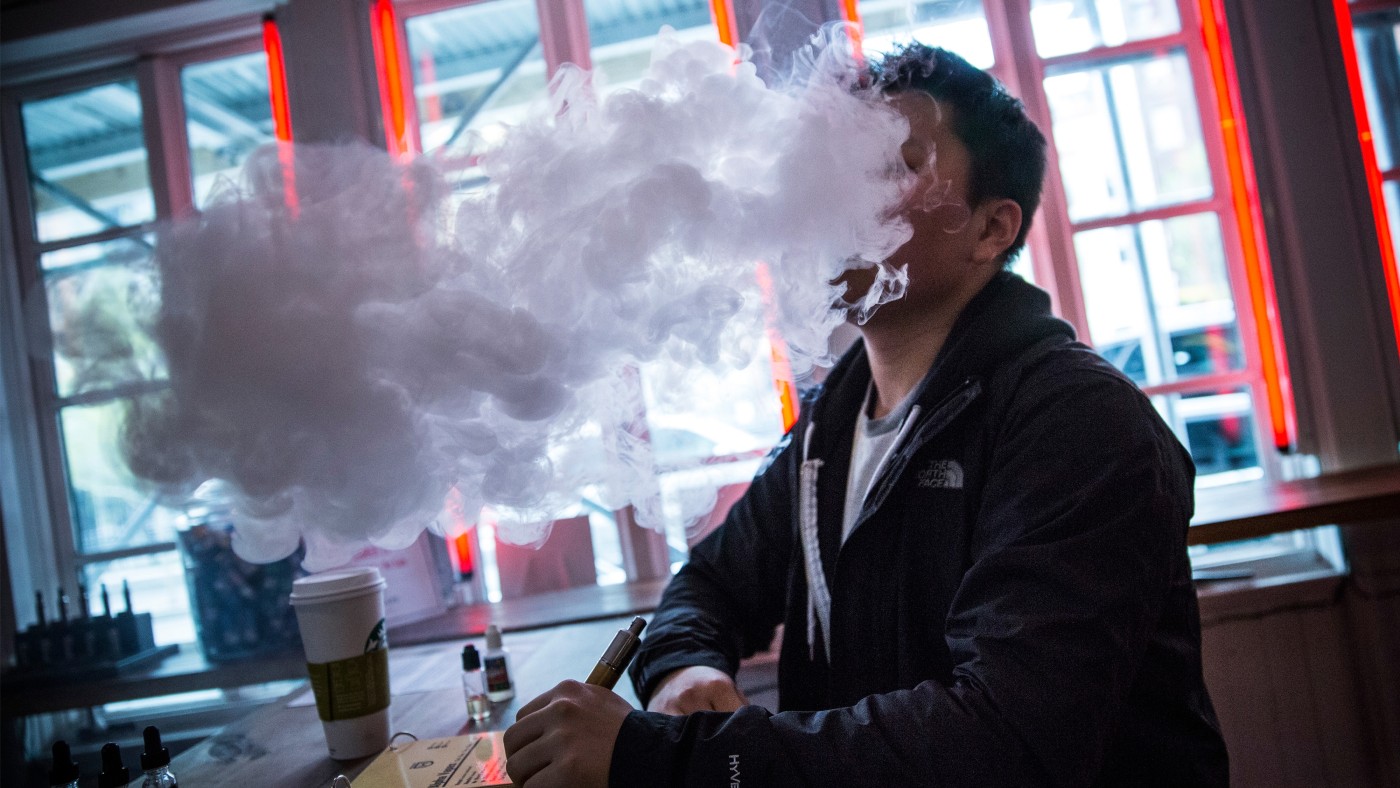 How toxins, heavy metals and possibly radioactive polonium are found in vapes
How toxins, heavy metals and possibly radioactive polonium are found in vapesfeature Vapers don’t know what they’re inhaling and cannot be certain of the health impacts
-
 How to immerse yourself in the Edinburgh Fringe 2023
How to immerse yourself in the Edinburgh Fringe 2023feature Given the scale of the festival navigating the array of shows on offer can be a challenge
-
 Why schoolchildren are regularly being targeted by terrorist groups in many countries
Why schoolchildren are regularly being targeted by terrorist groups in many countriesfeature Attacks on schools seen as a good way to bring attention to a cause by armed groups
-
 Is Eurovision finally cool?
Is Eurovision finally cool?feature Many British fans of Eurovision speak enthusiastically about its tolerance and openness
-
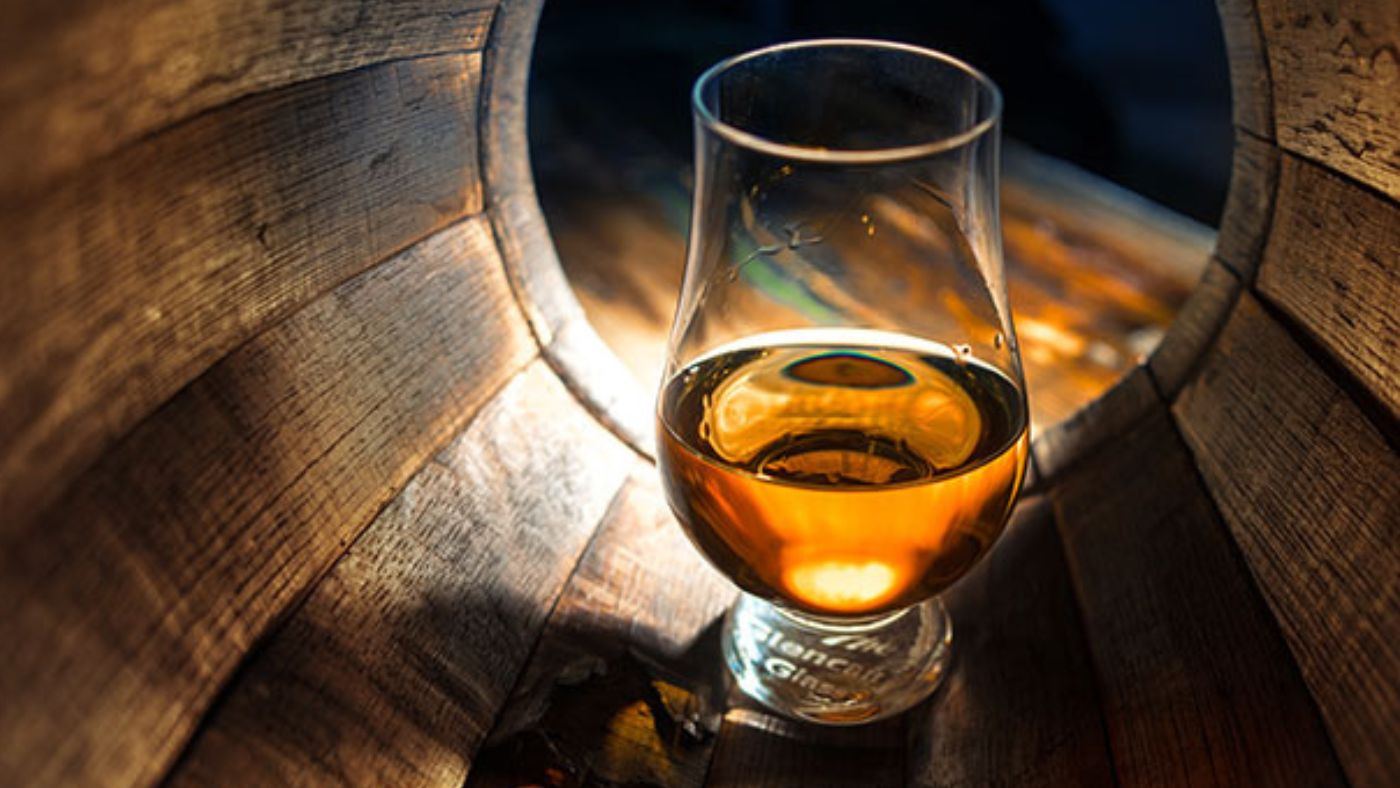 A whisky tour of Scotland: best whisky experiences and distilleries
A whisky tour of Scotland: best whisky experiences and distilleriesThe Week Recommends Take in the sights along with a dram or two in the ‘home’ of whisky
-
 BMW M3 Touring review: what the car critics say
BMW M3 Touring review: what the car critics sayfeature A sensational all-rounder, the car is ‘eye-wateringly, cheek-puffingly good to drive fast’